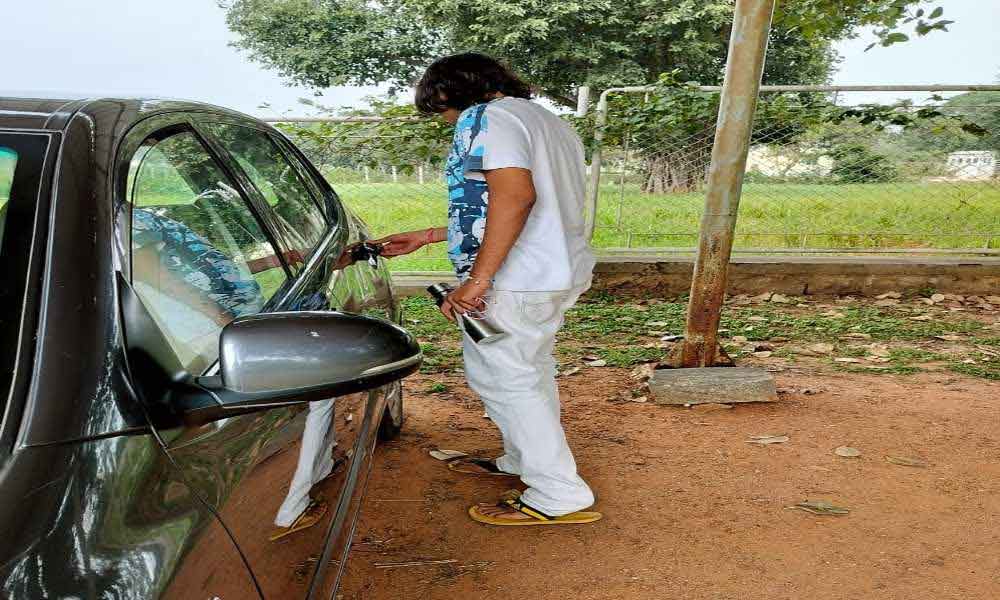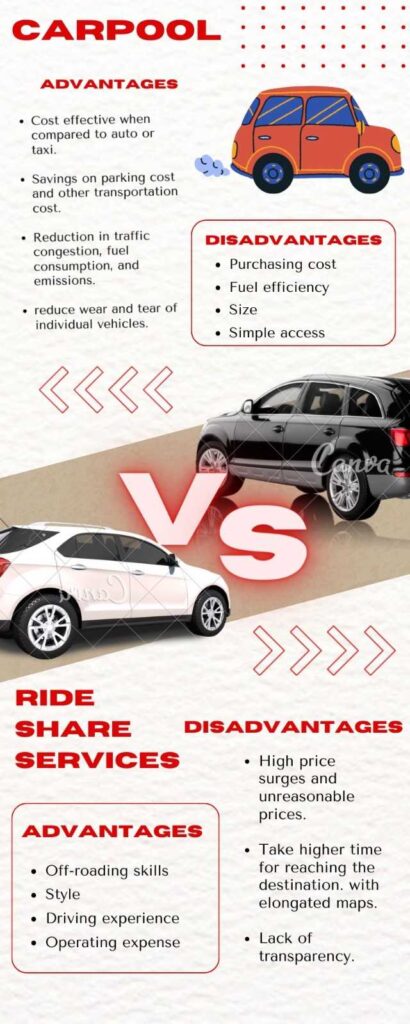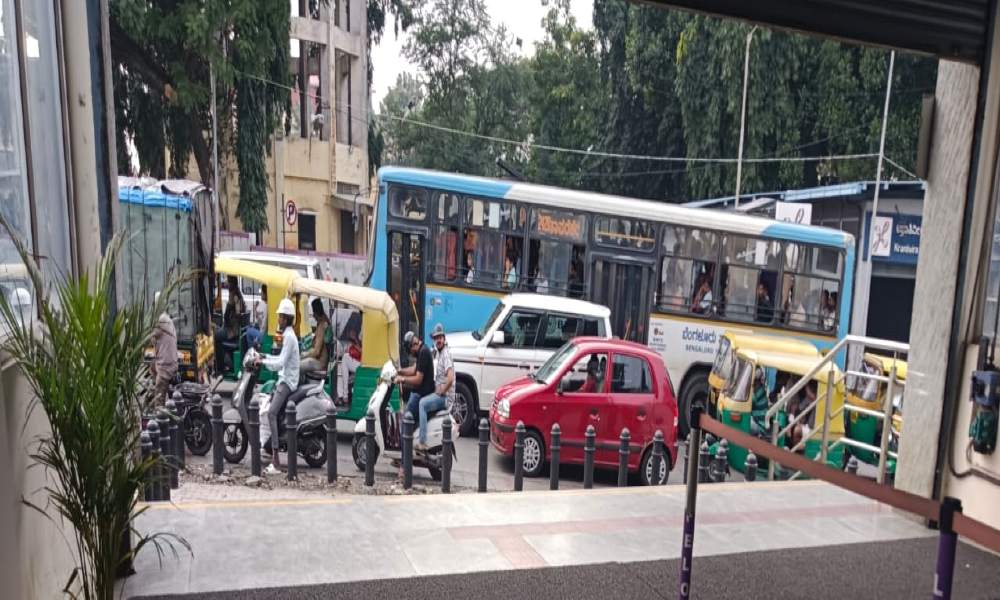The transport department says that private-vehicle carpooling has no checks and therefore may not be safe.
Commuters say that they now have to pay more and spend more time after carpooling has been banned in the city. They now have to rely on expensive options like Ola and Uber, which also consume more time.
After the ban, commuters say that they have to pay almost five times more. . Ravindra, a daily commuter, and carpool app user said, “Earlier I used to pay Rs.80-100 to get to my destination in Electronic City from Whitefield but now for traveling the same distance I have to pay much more in Ola or Uber services, sometimes even up to Rs. 450-500. The cost of travel for me has gone up almost five times.”
Ravindra said that there is no surge in prices of the carpool service which is offered on Ola and Uber apps. “The problem is that Ola and Uber have longer waiting times than carpooling apps as they usually take more time to reach the pick-up location.,” he added.

Joseph another user who owns a car and had used Quick Ride and Zoom app said, “My fuel expense was shared during the ride and I did not have to wait for long to get people for carpooling along the same route. But now I have stopped using the app as there is probability of getting fined and termination of my license.”
He added that he only had to pay a platform fee of around Rs.10-30 for one ride. The rest of the fare paid by the carpoolers came directly to him.
The Karnataka government last month said that the usage of white plate (private) vehicles for commercial purpose is illegal and anyone found doing so will be fined up to Rs.10,000.
The Bengaluru transport department said that vehicles cannot be used for commercial purposes unless they are registered with the Road Transport Office (RTO) as yellow plate vehicles.
M. Byrareddy, law officer of transport department said, “According to the law which has been there for decades, white board vehicles cannot be used for commercial purposes. Right now, we are requesting people to not use carpooling apps but soon we will be applying Rs.10,000 fine. It is not safe for people to use such options as there are no checks for the vehicle or the owner.”
He added that there are stage carriage and contract carriage permit for buses, which allow vehicles to operate with many stops, pick-ups and drops. But the laws regarding shared taxi are not clear.
According to the data provided by the traffic management department currently, the total number of vehicles on city roads is 1.11 crore, and 99.32 lakh out of these are private vehicles.

According to a major carpooling service provider Quick Ride which has a large base in Bangalore, more than 20 million rides have been shared in Bangalore through its services, in the last couple of years. It also says there are more than one million users and that it has helped in reducing the release of more than 41,000 tons of carbon dioxide (Co2) into the air.
Mrs. Reashma, who is a traffic expert and professor working at Street Matrix an interdisciplinary consulting firm situated in Bangalore said, “Car-pooling is better option as it reduces the carbon footprint and helps in maintaining the traffic. There are any way too many private vehicles on theroads of Bangalore, many of which are hardly used to their full capability. The odometer reading on them is too low and they usually take too much money to maintain, which is a financial burden.”
She said that although Ola and Uber also provide shared services they are limited to certain areas and the cost is also comparatively higher. Also,on-demand shared services are adding to congestion, not reducing it, due to waiting on busy roads and the empty trips made to pick up passengers.According to data HYPERLINK by University of California carpooling can provide numerous benefits, such as .reduction in fuel consumption and greenhouse gas emissions,reduction in air pollution, cost savings for public agencies and employers etc.
Mrs Reashma said that carpooling could have been a solution to ever increasing traffic problems in Bangalore city.




